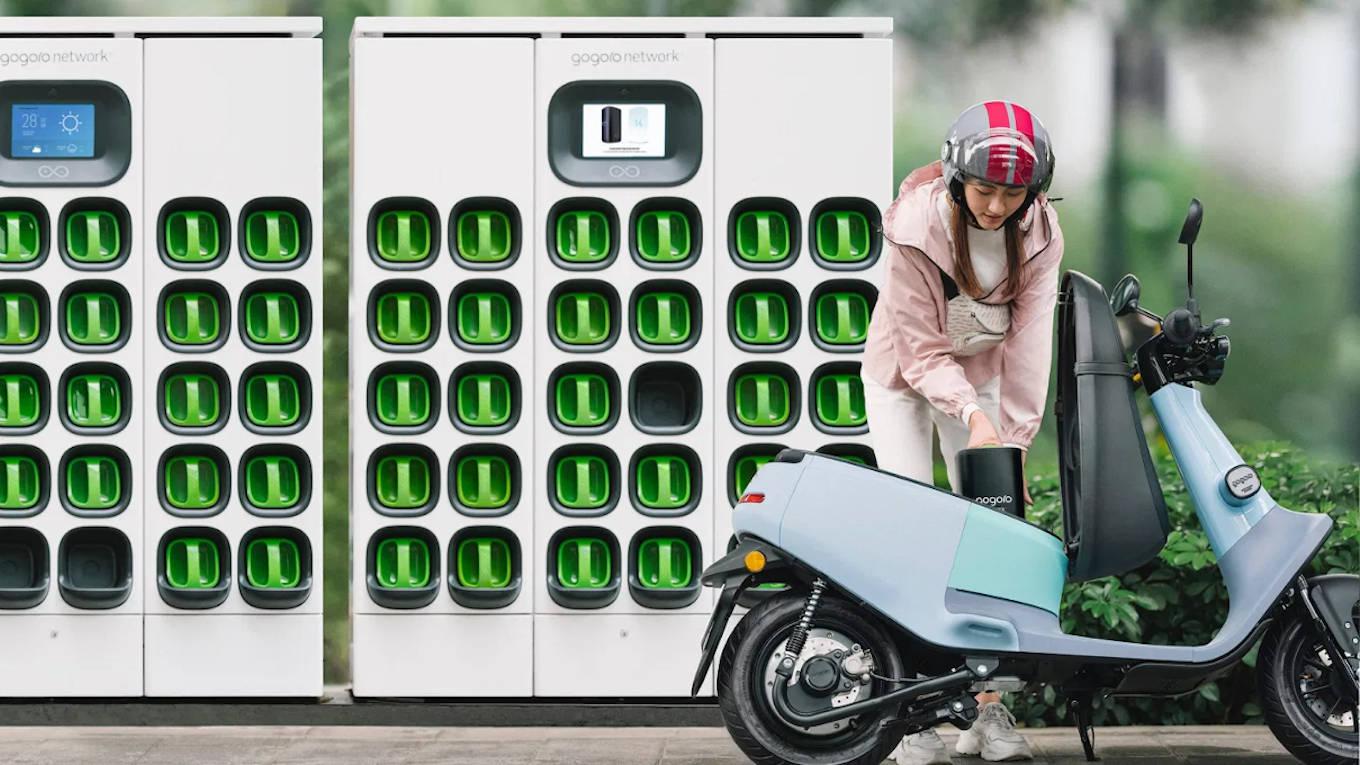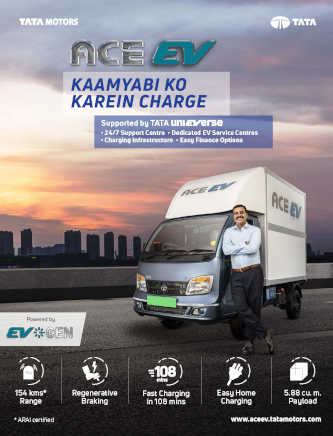All the metropolitan cities with a population of over 4 million should get priority for development of battery-swapping network, said the draft policy by Niti Aayog which flagged the concept of battery-as-a-service (BaaS) in order to lay down standards for interoperable batteries. The draft policy, released last week, suggested a clutch of fiscal incentives and that the Goods and Service Tax (GST) Council may consider reducing the tax rate on lithium-ion batteries, which now attract 18 per cent GST, while electric vehicle supply equipment (charging docks) is taxed at 5 per cent. “The GST Council may consider reducing the differential across the two tax rates,” it said. Battery provider companies such as Sun Mobility, Ola Electric, Lithion Power, Voltup, Race Energy, Esmito and BatterySmart ChargeUp are likely benefit from the proposed policy. The EV players which include most major auto companies and a few new entrants will also gain from the resultant rise in demand for these vehicles. To level the playing field across EVs with fixed or swappable batteries, it is proposed that demand side incentives offered under existing or new schemes for EV purchase can be made available to EVs with swappable batteries. The size of the incentive could be determined based on the kWh rating of the battery and compatible EV. “An appropriate multiplier may be applied to the subsidy allocated to Battery Providers to account for the float battery requirements for battery swapping stations in different battery swapping ecosystems,” the Niti Aayog suggested. It also suggested provision of land at promotional rates for public battery swapping stations. Several supporting initiatives have already been implemented to promote EV adoption to decarbonise the transport sector, such as the Faster Adoption and Manufacturing of Electric (Hybrid) Vehicles in India (FAME) I and II, and the production-linked incentives for National Programme on Advanced Cell Battery Storage, to boost indigenous battery manufacturing capacity. Battery swapping falls under the broader umbrella of BaaS business models which involve users purchasing an EV without the battery, which significantly lowers upfront costs, and paying a regular subscription fee (daily, weekly, monthly, etc) to service providers for battery services throughout the vehicle lifetime. Finance minister Nirmala Sitharaman had announced in the FY23 Budget that the government was set to roll out a battery swapping policy, in a bid to reduce upfront costs of purchasing EVs and drive adoption among buyers. The policy is targeted at battery swapping systems used in electric scooters and three-wheeler electric rickshaws. The draft is up for consultation, and the Niti Aayog has invited comments on it until 5 June. The policy aims to create a framework for greater interoperability while safeguarding the innovation potential for the EV battery ecosystem. “Any individual or entity is free to set up a battery swapping station at any location, provided that the specified technical, safety and performance standards are adhered to,” said the draft policy.
-

The draft policy suggests a clutch of fiscal incentives























